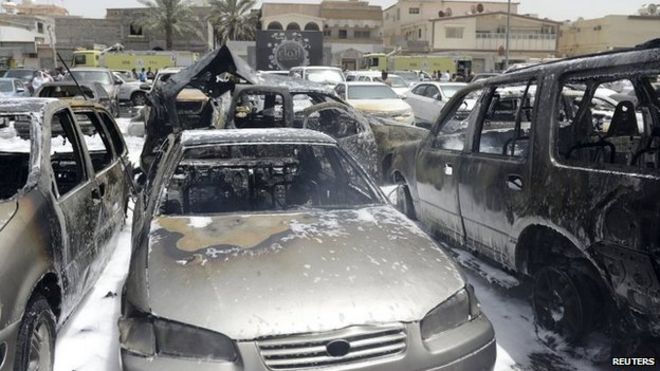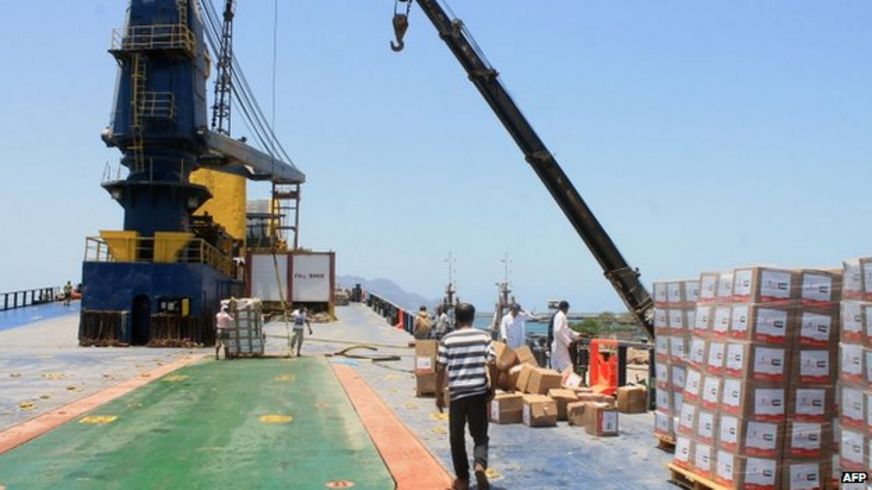By Brittani Howell
Impunity Watch Reporter, Middle East
RIYADH, Saudi Arabia – On Friday afternoon, a suicide bomber dressed in women’s clothing detonated his bomb in front of a Shi’ite mosque killing three other people. The Islamic State claimed that they were behind the bombing, making this the second in two weeks.

One week ago, the Islamic State claimed to be behind a bombing of a Shi’ite mosque, which killed 22 people.
The majority of Saudi Arabia is Sunni Muslim with a minority being Shi’ite Muslim. The attack occurred in al-Qadeeh, a predominately Shi’ite neighborhood. On Friday night, Shi’ite protesters in Dammam and al-Qadeeh demanded an end to sectarianism.
Some have suggested that Saudi Arabia has not done enough to deter online abuse of Shi’ites, suggesting that the online abuse is a gateway to overt acts against the minority sect.
The Islamic State admits to pursuing sectarian goals. The Islamic State wanted to aggravate the tension between the Saudi Arabia state and Saudi Arabian Shi’ites. Currently, Saudia Arabia is leading a coalition in an air campaign in Yemen against the Shi’ite Houthi rebels. Saudi Arabia denies any sectarian objectives in forming the coalition against the Houthi rebels.
A witness to the bombing claimed to have seen a quick explosion and men preventing the bomber from entering the mosque. Security guards had become suspicious of a man in a vehicle near the mosque, and when they approached the vehicle, it exploded. The explosion resulted in other cars catching on fire and the death of three Shi’ite worshipers.
Of those killed, one was an undergraduate student at Wichita State University. Abduljaleel Alarbash was returning to Saudi Arabia to be married and intended to return to school in the fall.
The Islamic State identified the bomber as Abu Jandal al-Jazrawi. The Islamic State posted online that the bomber was a “soldier of the Caliphate.” Saudi Arabia has previously been threatened by the Islamic State because of Saudi Arabia’s involvement in a U.S. coalition against the Islamic State.
For further information, please see:
BBC- Saudi Arabian Mosque Hit by Bomb Attack – 29 May 2015
CNN- ISIS Claims 2nd Saudi Mosque Attack– 29 May 2015
New York Times- Explosion Near Shiite Mosque Kills 4 in Eastern Saudi Arabia – 29 May 2015
Reuters- Islamic State Suicide Bomber in Women’s Garb Kills Three in Saudi Arabia– 29 May 2015



